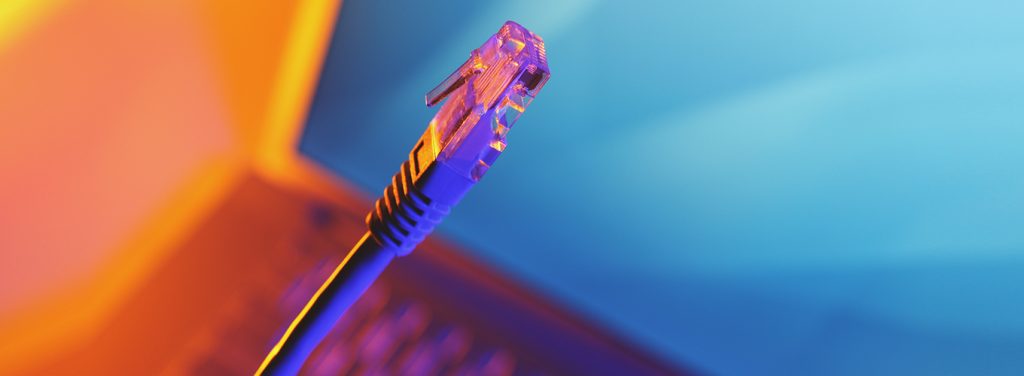IPV6 proxies are the answers to a large number of problems within web scraping and social media marketing. It is no doubt that the internet seems to have run out of IP addresses and if experts in web scraping and online market are not oblivious of why this stands as a nightmare. This is a result of the fact that the more a particular proxy address is used for scrapping, the more prone or quickly it is likely to be banned. This essentially makes the essence of such a proxy address valueless. IPV6 proxy is a device that sits on the edge of a network to translate IPV6 (internet protocol version 6) to IPV4 and vice versa. It allows customers to implement their IPV6 migration plans and meet application availability requirements without disrupting current network infrastructure.
After deciding which protocol to choose: IPv4 or IPv6, one more important thing is to find a reliable proxy provider. Use a proxy provider comparison tool to instantly choose the best provider for your web scraping needs.
When scrapping the web at any reasonable scale, using proxies is an absolute must. Thus, the use of IPV6 proxies for web scraping comes in handy as IPV4 addresses can be expensive, especially now that they are maximum usage and are not secure, often revealing more information to the target website than desired. This newer version (IPV6) allows for the creation of more IP addresses.
IPV6 proxies are recommended for web scraping because they allow one to crawl a website much more reliably. Significantly reducing the chances that one’s IP or spider would get blocked. It creates the ability to make requests from a specific geographical region or device (mobile IPs for instance) which enables the ability to see the specific content that the website displays for that given location. This is extremely valuable when scrapping product data from online retailers. Furthermore, IPV6 is recommended for web scraping as it gives room to be able to make a higher volume of requests to a target website without the risk of being banned. It also allows one to get around blanket IP bans which some websites impose. For instance, it is common for websites to block requests from AWS because there is a track record of some malicious actors overloading websites with large volumes of requests using AWS servers. IPV6 enables the making of unlimited concurrent sessions to the same or different websites.
Types of IPv6 addresses
Websites like Google, Instagram, and Facebook, along with many others already support IPV6 proxy addresses. There are 3 categories of IPV6 addresses which are (Unicast, Anycast, & Multicast). When choosing the best IPv6 proxies suitable for web scraping, take a look at the following providers: ScraperAPI, Proxy6, V6 Proxies, ProxySeller, ProxyTech, IPV6-Proxies.
When considering IPV6 addresses, it is important not only to consider the prices per IPV6 proxy, which naturally matters to users, but also the countries in which the IPV6 proxies are issued. From a cost-effective view, it is advisable to use IPV6 proxies when scraping websites like google, Instagram and many other media platforms. Similarly, as many IPV4 proxies have been blacklisted, IPV6 remains as the ideal solution to web scraping.
